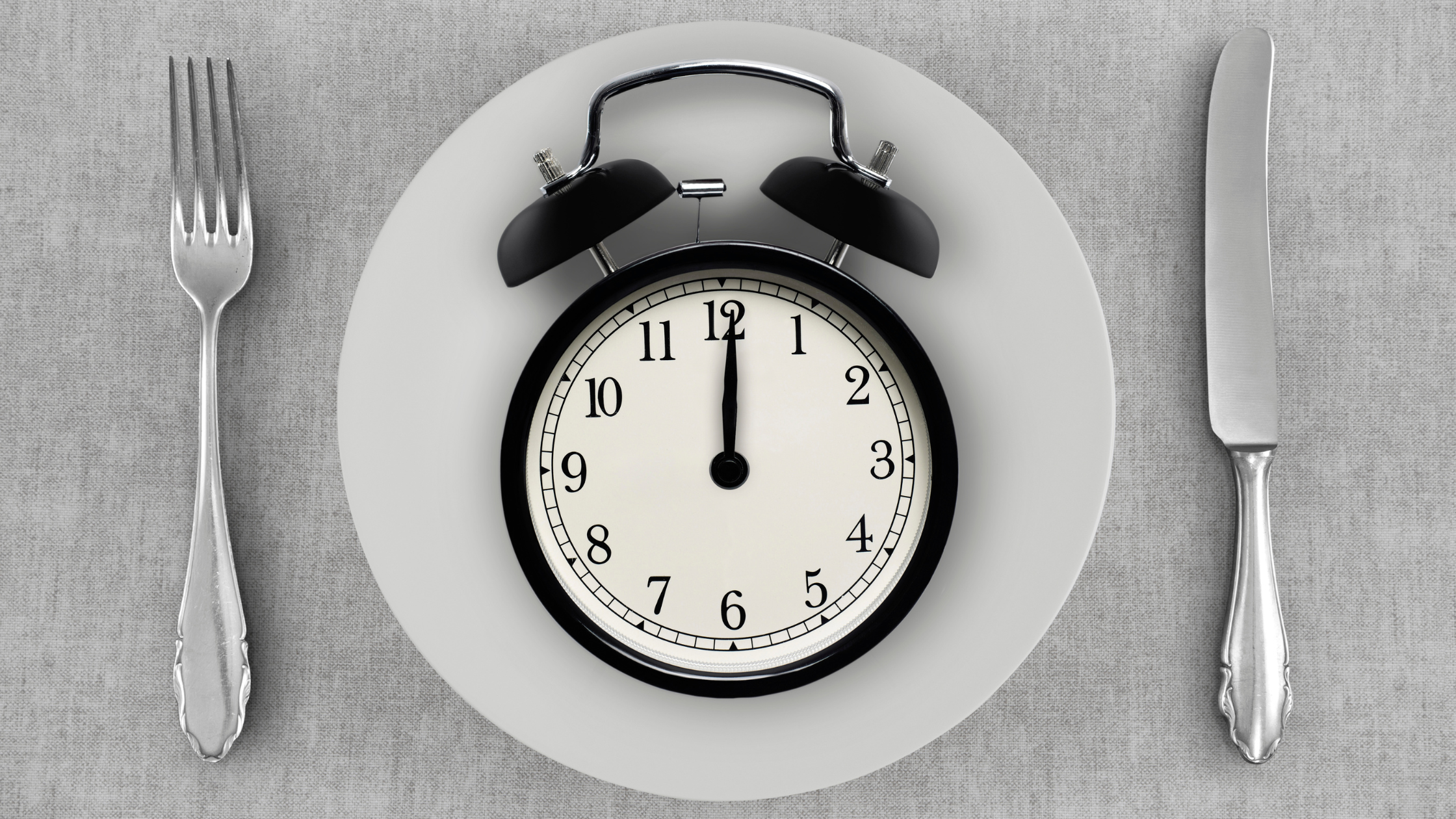You may have heard about how to sleep better by eating a little earlier in the day or not eating within an hour before bed. But these things are just the tip of the iceberg. You can control many aspects of your sleep simply by following a regular schedule for what you eat throughout the day and night. If you’re ready to wake up rested instead of groggy—and you want to know how to get healthy sleep as quickly as possible—then read on for my top tips!
It’s Not Just About Food
Sleep is a big deal, and it’s not just about food.
Sleep is important for many reasons: your body repairs itself while you snooze, and it helps keep your mood up. Plus, sleeping well can help with weight loss by helping you maintain a healthy appetite throughout the day. Sleep also plays an important role in regulating blood sugar levels–which means getting enough sleep can help prevent diabetes or control symptoms if you already have it!
But here’s the thing: getting enough quality shut eye isn’t just about getting eight hours of sleep each night. It’s also about having consistent bedtimes, wake times and eating times so that your body gets into its natural rhythm (also known as circadian rhythm). If this sounds like a lot of work? That’s because it is! But here are some tips that might make things easier on yourself:
Eat on a schedule to get healthy sleep.
Eating on a schedule is a great way to get healthy sleep. It will help your body stay in sync with its circadian rhythms, which are regulated by the body’s internal clock.
The importance of eating healthy meals cannot be overstated: they give you energy and keep you feeling full for longer periods of time than unhealthy foods do. If you’re trying to lose weight or just eat healthier overall, try sticking with lean proteins like chicken breast or turkey breast; whole grains like brown rice; plenty of fruits and veggies (especially leafy greens); low-fat dairy products such as cheese and yogurt; nuts/seeds/olives for added crunchiness/protein/fiber; beans/legumes for extra fiber–the possibilities are endless!
Eating your meals at inconsistent times each day can confuse your body’s sleep clock and can make it harder to maintain regular sleep and wake up times. Eating a light dinner 2-3 hours before bedtime helps your body ease into sleep mode. Heavy meals at night before bedtime can disrupt your sleep. To improve your sleep clock, try to eat each meal at the same time every day, to allow consistency and help prepare your body for a more restful night’s sleep!
Why eating on a schedule is important.
Eating on a schedule is important because it helps to regulate your blood sugar and insulin levels. This means that you will have a better chance of getting the nutrients from your food, instead of storing them as fat. Eating on a schedule also helps to prevent binge eating because you don’t eat when you’re not hungry.
The best time to eat depends on your meal plan, but there are some general guidelines to follow:
Breakfast should be within an hour of waking up. Eating breakfast helps stabilize blood sugar levels and gives you energy for the day ahead. Eating too late in the morning can cause problems later in the day if your blood sugar dips too low or if you feel tired and hungry before lunchtime arrives.
Lunch should be eaten within three hours after breakfast (or lunch). Lunch is often served at 12 p.m., so this ensures that you’re not eating too early or too late in the day. If possible, try to eat lunch between 11:30 a.m. and 1 p.m., which will give you plenty of time before dinner without feeling rushed or hungry while waiting for it to arrive.
Dinner should be eaten within three hours after lunch (or dinner). This rule applies both during normal days when you’re not rushing around trying to find somewhere to eat.
Conclusion
I hope you found this article helpful to why eating meals at consistent times is so important for good sleep. Read our weekly blog for more ways to improve your sleep!
